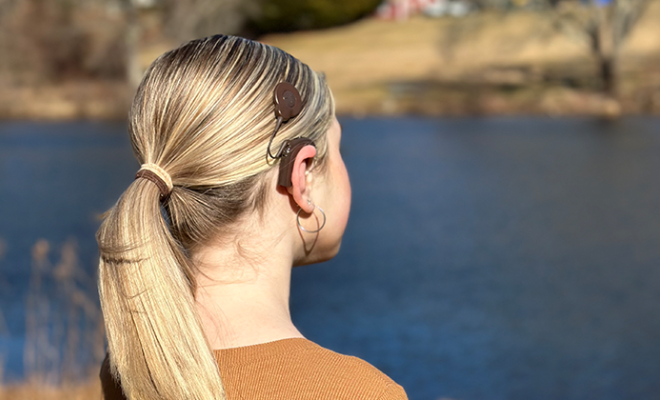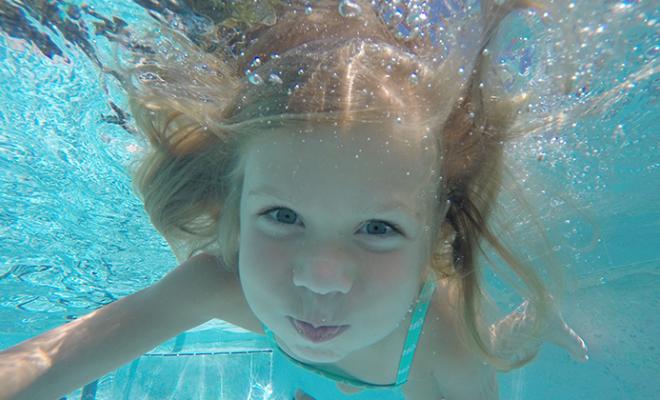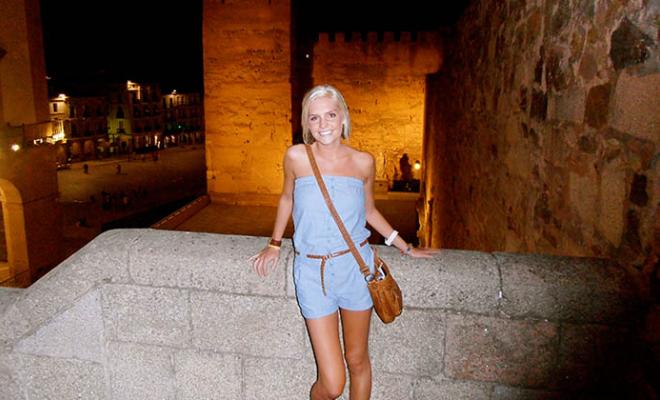If you walk into your local grocery store or gas station, you will likely come across an area where lottery tickets are for sale. Along with the numerous games, you are commonly going to find a pamphlet about responsible gambling or the catchphrase "please play responsibly." However, what you aren't going to find in this pamphlet is the gamble of health — the gamble of medication.
This gamble is something those of us who take regular antibiotics are all too familiar with. A true coin flip and a whole new perspective on the meaning of risk and reward. When we head to the pharmacy to pick up the medication that is designed to help us, we receive a pamphlet of our own. But our pamphlet is a list of possible side effects or adverse reactions to the medication in the bag beside it. The words "please play responsibly" are nowhere in sight.
Let me take you back to my sophomore year of high school. I was a hydroponics student at my local agriscience high school. I studied soil, farming, fish, and water. To my classmates, the water and the soil were just that — media for growing and classroom material. For me, however, cystic fibrosis made that media a potential playground for bacteria that posed a great risk to me.
That was the first time that risk did not equal reward for me. Later that year, I was diagnosed with atypical nontuberculous mycobacterial infection, mycobacterium avium complex, or MAC. As a current college senior, MAC still lives in the depths of my lungs. Treatment has been a challenge for both my CF care team and me. My team requested help from infectious disease doctors from across the country. During this time, I also experienced complications from some of the "ideal" medications used to treat this infection — slowly removing plans of action from the table. "We are running out of options," they told me. By the time I entered college, my body was getting used to living with this bacterium as a part of it … or so we thought.
Like clockwork, about halfway through the spring semester of my sophomore year of college, I became ill rapidly. Maintenance medications were no longer enough; the discovery of two large lesions in the lower lobes of my lungs indicated that the bacteria were taking over my airways. In March 2021, I had a PICC line placed so I could begin a long-term course of amikacin. I had been on amikacin twice before when lesions in my lungs were found — with no adverse effects. I experienced only the reward of the drug. I noticed there was a hearing test scheduled immediately after placement of the PICC line. I recall being extremely confused and expressing that it was unnecessary. My hearing tested completely normal, which only added to my feeling that this was unnecessary.
The audiologist shared with me that amikacin is ototoxic and long-term use risks hearing loss. Even still, I brushed it off. I was 19; I wasn't going to lose my hearing; it'd never happen to me. With great risk comes great reward, right?
By summer 2021, I was experiencing a mild case of tinnitus — a ringing in my ears. I alerted my care team, and they recommended my hearing be retested. I entered the hearing booth with the same idea that I did the first time, that this was unnecessary. My life changed the minute I stepped out of the booth. The audiologist informed me that I had begun showing mild hearing loss in both ears. They recommended I begin to look into hearing aids and just days before my 20th birthday, I ordered them.
The shock was something I could not describe. This was the first time I needed to make a choice — my lungs or hearing. Along with the support of my care team, we decided that since the hearing loss was mild, my lungs were my choice. I stayed on amikacin and got daily infusions. By November, my hearing loss went from mild to severe, and I started to notice the effects of this loss in my day-to-day life.
My care team and I were yet again faced with the impossible coin flip of risking my lungs or my hearing. However, this time was different. Not only was I dealing with the physical limitation of becoming deaf, but also the emotional strain. I felt grief and loss. When my hearing continued on the downward slope along with my mental health as I watched my hearing disappear, my care team decided it was time to stop the amikacin. We decided that instead of IV amikacin, I would go on an inhaled form of the drug, Arikayce®. As a result, my hearing loss leveled out for a while.
Frequent hearing monitoring revealed that my hearing was going through a slow, continual decline again. I was hitting the point that my hearing aids were no longer effective in supplementing what I had lost. My audiologist suggested cochlear implants. I was again left feeling shocked, horrified, and grieving my natural hearing. When I brought the possibility of needing cochlear implants to my care team, they told me, "Your lungs will keep you alive, and your hearing can be addressed."
In the following weeks, I met with the surgeon and completed cochlear implant candidacy testing. As scared as I was, my team was right. I needed to make this impossible decision with the big picture in mind — and I needed healthy lungs to remain in that picture. There was no doubt I was a candidate, so right before the 2022 holidays I had my surgery. My implant was activated in mid-January 2023, and I have embarked on my journey to become an electrical-hearing individual. I wish I could provide you with more information about how this journey has gone; however, as I write this, my implant has been on for about 72 hours, and I am in the process of redefining my life and my perception of the world around me.
The necessity of antibiotics for those with CF is a form of gambling that we could never have prepared for. We are asked to roll the dice or flip the coin and hope for the best outcome possible. As with all things in life, we take a risk and wait to see if there is a reward.
Although this risk may have resulted in some unwelcome outcome, I want to share with you what I have learned through this process.
I have learned that we can only make decisions based on the now; we cannot steer away from something due to the possibility of failure. CFers are strong, we are resilient, and we are adaptable. Someone very close to me once told me, “Once you have hit rock bottom, the only place you can go is up.” Although the journey up is never guaranteed to be easy, we persevere, we adapt, and we conquer.
As I write this, I went to eat a fortune cookie. When I cracked it open, the fortune inside read, "Fall down seven times, stand up eight." So, even the universe knows it to be true.
Interested in sharing your story? The CF Community Blog wants to hear from you.





